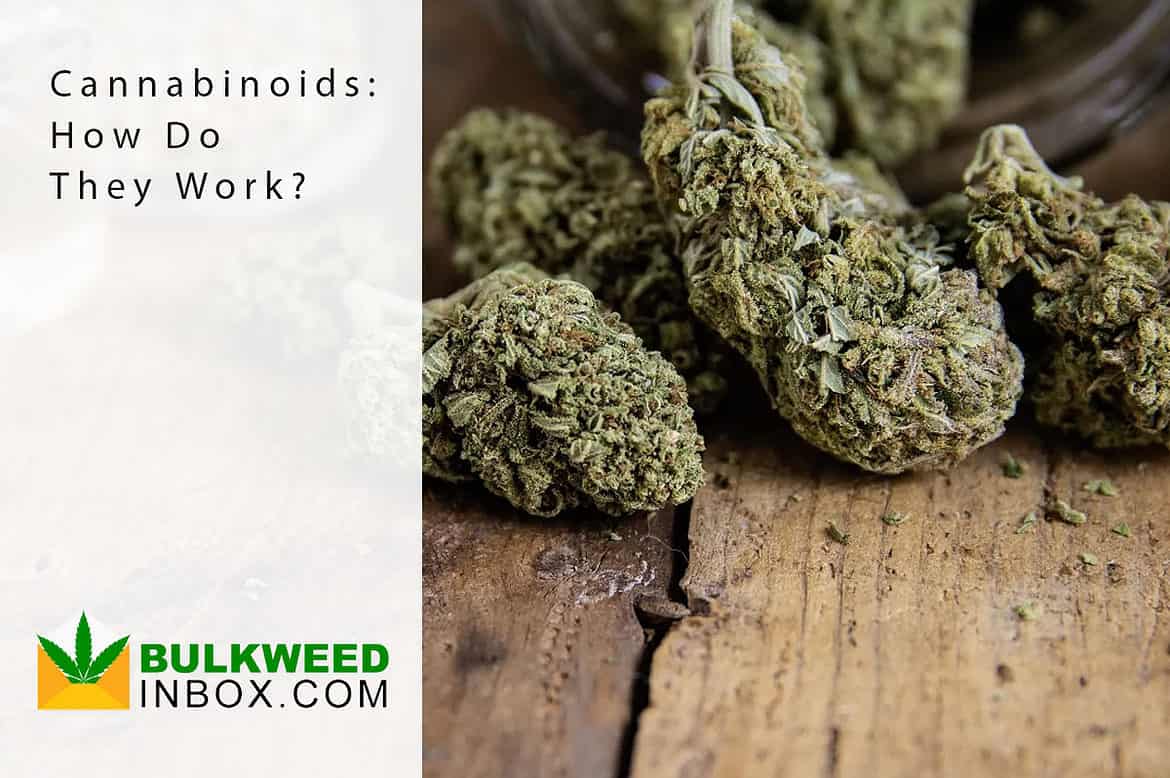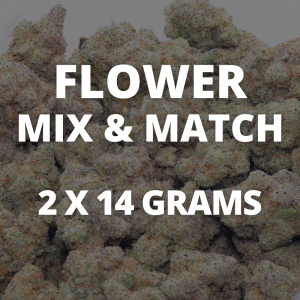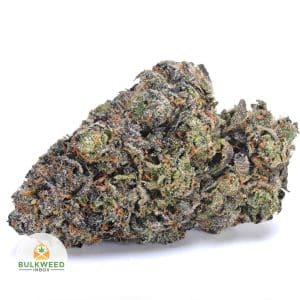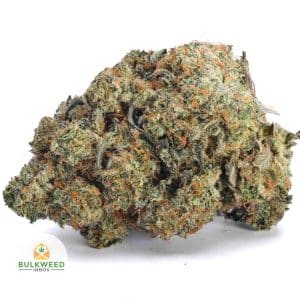Cannabinoid receptors are proteins found in many places in the body, including the brain, immune system, and organs like the liver, kidney, and heart. When these receptors are activated by cannabinoids—a class of chemical compounds that includes more than 400 identified substances—it triggers many different responses. In this article we will explore what cannabinoids do and how they work.
What are cannabinoids?
Cannabinoids are chemical compounds found in cannabis, hemp, and various other plants. Cannabinoids are created naturally by every plant and animal and they play an important role in health, diet, and well-being. There are more than 400 active cannabinoids identified in cannabis, hemp, and other plants. Cannabinoids bind to cannabinoid receptors found in the body’s endocannabinoid system, which includes the nervous system, digestive system, immune system, and other bodily functions. Cannabinoids can have many different effects in the body. They impact brain function, appetite, immune response, pain sensation, and more.
What are the different types of cannabinoids?
There are over 100 types of cannabinoids found in cannabis. Two of the most well-known and studied are THC and CBD. THC is responsible for the “high” and psychoactive effects of cannabis. CBD is non-psychoactive and is used to treat a wide range of conditions, including epilepsy, autoimmune disorders, cancer, and pain. Other cannabinoids, such as CBG, CBC, and CBN, are minor cannabinoids and have only been studied for research purposes.
How do cannabinoids work?
Cannabinoids interact with cannabinoid receptors in the body, which are proteins found in various organs and tissues. When cannabinoids bind to receptors, they activate a variety of responses depending on where and how the receptors are expressed in the body. For example, cannabinoids might reduce inflammation or slow down the growth of cancer cells. This is one of the reasons why certain cannabinoids are being investigated as potential treatments for a variety of diseases including diabetes, helped cancers, pain, etc. While the exact mechanism of action for cannabinoids is not fully understood, research suggests that cannabinoids may “unlock” receptor proteins in cells, allowing them to communicate with each other more freely. This may help cells perform their functions better and/or communicate with one another more efficiently.
Cannabidiol (CBD)
CBD is one of the most common cannabinoids found in hemp and other varieties of cannabis. CBD binds to receptors in the brain without causing high levels of intoxication. In fact, it has even shown anti-psychotic, anti-anxiety, anti-convulsant, anti-depressant, and anti-inflammatory properties. Unlike THC, which produces a psychoactive “high”, CBD is a non-intoxicating compound that has shown strong promise for treating a range of health conditions, including epilepsy, inflammatory bowel disease, diabetes, autoimmune disorders, pain, and more.
Tetrahydrocannabinol (THC)
THC is the most renowned and abundant cannabinoid in cannabis. THC is responsible for the characteristic “high” associated with cannabis use. It binds to CB1 receptors, which are found mostly in the brain, particularly the hippocampus, cerebrum, and basal ganglia. THC also binds to CB2 receptors, which are located primarily in the immune system. THC can also interact with other receptors in the body, including adenosine receptors, which are involved in regulating sleep and pain sensitivity, and TRP channels, which are responsible for regulating the sensitivity of a user’s taste buds. Some research suggests that THC can help manage nausea, vomiting, and pain, but it also comes with some side effects, including anxiety, paranoia, insomnia, and decreased appetite.
Cannabigerol (CBG)
Cannabigerol (CBG) is another cannabinoid found in the cannabis plant. Similar to THC and CBD, it also binds to CB1 and CB2 receptors, which are located throughout the central nervous system. However, CBG has shown greater potential for treatment because it has fewer side effects than THC and also appears to be more effective than CBD at treating inflammation. CBG may also work as a brain protectant, protecting the brain during ischemic injury, a condition where blood flow to the brain is reduced. In this role, CBG may protect against injury caused by stroke, Alzheimer’s disease, or traumatic brain injury.
Cannabinol (CBN)
CBN is one of the cannabinoids found in cannabis that is less well studied than THC and CBD. It also has fewer side effects than the other two cannabinoids, which makes it a promising cannabinoid candidate for medical treatment. CBN may help with sleep, inflammation, and pain and inflammation. Unlike the other cannabinoids, CBN is not thought to bind to receptors and therefore does not have any psychoactive effects. Instead, CBN is thought to work by acting as a powerful antioxidant.
Conclusion
As you can see, cannabinoids are complex compounds found in cannabis that interact with the endocannabinoid system in the brain. They bind to cannabinoid receptors in the body, which are proteins found in many organs and tissues. When cannabinoids bind to these receptors, they affect many different functions and have potential treatments for a variety of diseases. Visit Bulkweedinbox.cc online dispensary for all your cannabis needs.
Reference
Alcohol And Drug Foundation – What are Cannabinoids (June 28, 2022) – https://adf.org.au/drug-facts/cannabinoids/










Leave a comment